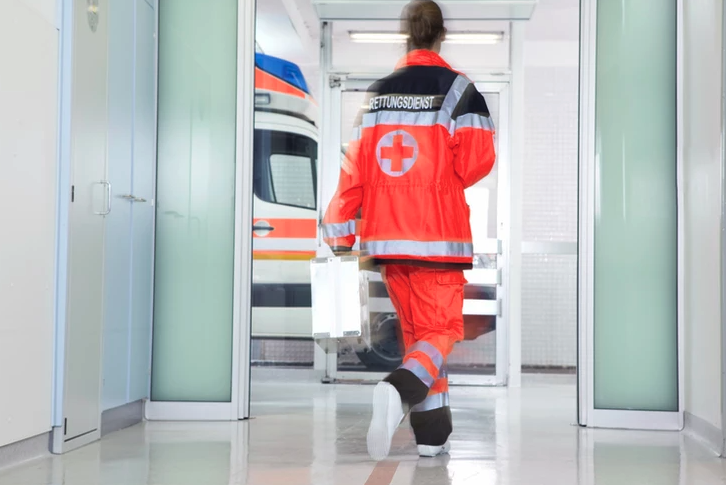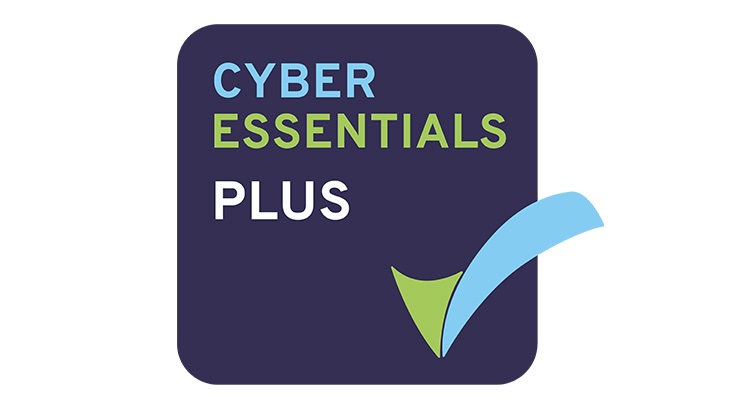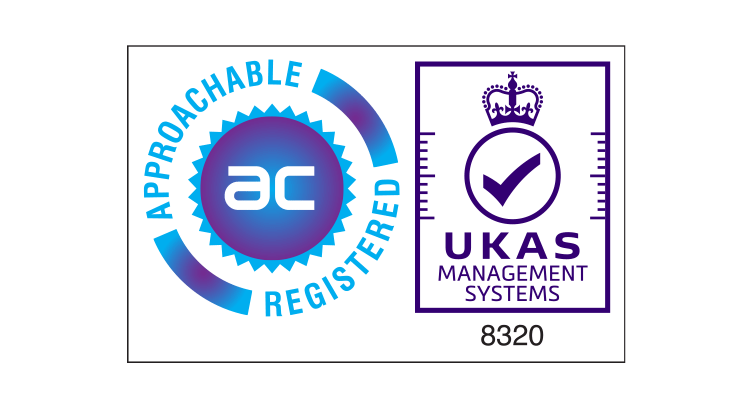The UK government on Wednesday unveiled a new strategy for dealing with assaults and violence against staff in the NHS. Lone Worker Solutions welcomes the measures, but notes there is a long way to go to eradicate the problem. It’s thought that tens of thousands of NHS staff face violence each year, and many do not report incidents.
 Easier reporting, better training, more prosecutions
Easier reporting, better training, more prosecutions
The NHS Violence Reduction Strategy expands on work previously carried out by NHS Protect, a body that the government disbanded in 2017. Included in the strategy is a new system so staff can record assaults more easily. NHS England will look at national data to determine which staff are most vulnerable to violence. Care inspectors will scrutinise NHS trusts on quality of plans to reduce violence against staff. This includes better training for dealing with violent situations, including challenging circumstances involving patients with dementia or mental health issues.
Meanwhile, a bill to double the sentence for assaults on emergency workers from six months to a year should become law soon. Offenders will be prosecuted more quickly as a result of new partnership between the NHS, Police and Crown Prosecution Service. This aims to give staff greater confidence to report violence, and see meaningful action with a consistent approach to prosecutions.
Focus on training to de-escalate difficult situations
One key measure which the government outlined is better training to deal with aggressive behaviours. This comes shortly after October’s Conflict Resolution Day, a global event promoting peaceful resolution and non-violent methods to settle disagreements. These techniques are especially useful to deal with aggressive behaviour in the workplace. Generally, a collaborative or compromising conflict resolution strategy might be best, However, complete or temporary withdrawal from conflict may be preferable, provided the aggressor is not a danger to themselves or others.
There are a number of clear tactics to dealing with aggressive behaviour. Active listening, including asking constructive questions and reflecting back facts can help identify causes of a problem. Empathy is vital to maintain an aggressor’s self-esteem, and may help find any common ground. Giving the other person a choice forces them to think, which can temporarily calm them down. Looking for solutions can shift the conversation to the future, and demonstrate an intention to involve the aggressor in resolving the issue.
Stay positive and stay safe in the face of aggression
It’s important to be positive, even in the face of disruptive behaviours such as yelling, or refusing to follow instructions. Maintaining a calm yet assertive tone of voice helps to avoid appearing scared or responding aggressively. Focus on the issues and not the person, so that it’s clear they are angry at the situation and not individuals. Avoid reacting to insults from the aggressor and give them space, to appear less intimidating and stay safe in case things turn violent.
NHS staff must always read body language carefully. There are clear warning signs of impending violence. These include clenched fists or tightening and untightening of the jaw; pacing, fidgeting, or over-emphasised gesturing; or the ‘rooster stance’ with chest protruding and arms away from the body. And of course, it’s important for staff to maintain non-aggressive body language too. This includes positioning at the same eye-level, maintaining limited eye contact, and keeping hands in front of body, in open and relaxed position. Avoid shrugging, pointing fingers, and excessive gesturing or pacing.
Careful planning to mitigate the risks for lone workers
NHS workers must remain mindful of their own safety, and look for warning signs of violent behaviour. Being aware of what’s around them is crucial. For example, objects such as chairs could be used as weapons, and other people could become involved. Having a plan to withdraw before behaviour escalates to violence, or if de-escalation isn’t working, is also sensible. In short, if NHS staff know in advance that they’re likely to encounter aggressive behaviour in their job role, they must be prepared.
This preparation is particularly vital for the NHS’s lone workers, given colleagues are not around to help. Indeed, assaults and violence are of course a particular problem for this group of workers. In an interview on BBC Radio Four’s Today programme, a first responder paramedic spoke about some situations he’d faced. He’s been spat at, headbutted, bitten, and attacked with a knife during a call-out involving domestic violence.
Lone Worker Solutions are committed to working with NHS agencies to protect lone workers. We’re part of the NHS Supply Chain Framework, so our devices can get lone workers the emergency help they need. To find out more, visit the NHS Supply Chain website or contact one of our team today.







